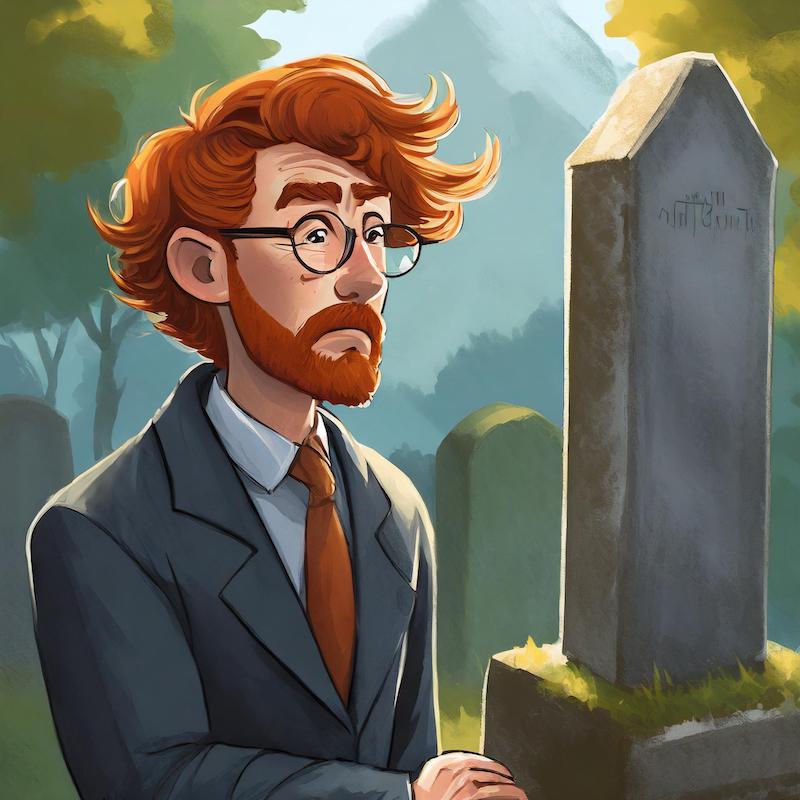
When creating a last will and testament (commonly known as a will), one of your most important considerations is who to choose to serve as the executor (also called a personal representative) of your estate. As the name implies, the role of the executor is to execute the instructions that you provide in your will. You may choose an executor and offer some discretionary powers. They may determine how to distribute your assets (money and property). But they maintain limited latitude to make independent decisions. Any deviation from their specified powers could cause a conflict in your estate that leads to legal consequences.
What is an Executor?

To avoid any unnecessary complications in the settling of your affairs, take care to avoid ambiguous or unclear language in your will. If there are any doubts about your last wishes, the executor and beneficiaries may wish to consult with an estate planning lawyer to discuss next steps.
Probate: What Happens With Your Will When You Die

When the testator dies, if they owned accounts of property in their sole name, the court opens probate. Probate is the process in which the court validates and administered the testator’s will. The person named as executor in the will initiates and carries out the probate process. The probate process can vary slightly from state to state, but generally unfolds in the following manner:
- The attorney files the death certificate.
- The court confirms and validates the testator’s will.
- The court files a petition to initiate probate.
- The court gives the executor permission to gather, evaluate, and manage the testator’s assets.
- The executor contacts beneficiaries to inform them that probate has commenced.
- Lists of the deceased’s assets, debts, bills, and taxes are compiled and submitted to the court.
- The testator’s outstanding debts and taxes are paid from the testator’s assets.
- The remaining assets are distributed to the beneficiaries.
- The estate is closed and probate ends.
Dying Intestate

These steps imply that the decedent has, in fact, left a will. Dying without a will—known as dying intestate—entails much greater court involvement. The court appoints an executor, identifies heirs, and determines who gets what. Dying intestate can even empower the state to choose the guardian of your minor children.
Probate Avoidance

It may not be possible to avoid probate completely (e.g., if a guardian appointment is required for a minor child, if an executor must represent the decedent in a pending or new lawsuit, or if the decedent died with assets solely in their name and without a designated beneficiary). Probate duration and costs, however, can be reduced through careful estate planning.
Executor Responsibilities
The executor named in a will is responsible for carrying out the testator’s final wishes. The executor is a liaison between the probate estate and the probate court, as well as between the probate estate and the beneficiaries. Their duties include locating and valuing assets of the estate, paying debts, and distributing assets to beneficiaries in accordance with instructions in the will.
Executors owe a fiduciary duty to the estate and its beneficiaries that compels them to act in the best interests of both. Because an executor may also be a beneficiary of the estate, their actions may be scrutinized to ensure they are acting fairly and legally.
When an Executor Can Use Discretion

The executor must, to the best of their ability, carry out the directions expressly stated in the testator’s will. They cannot make changes to the will, but there are cases where the executor can use discretion when settling an estate.
About Skvarna Law Firm in Glendora and Upland, California
Skvarna Law Firm operates offices in Glendora and Upland, California. We provide legal services. We cover San Bernardino, Los Angeles, Orange, and Riverside Counties. This includes several cities. Upland, Ontario, Rancho Cucamonga, Fontana, Colton, Rialto, Chino, Chino Hills, Glendora, Claremont, Pomona, La Verne, Montclair, San Dimas, Azusa, Covina, West Covina, Diamond Bar, Walnut, La Puente, Corona, Norco & Mira Loma. Visit SkvarnaLaw.com to learn more.


